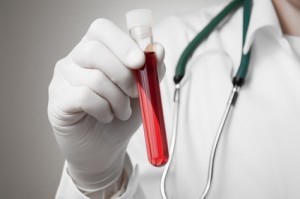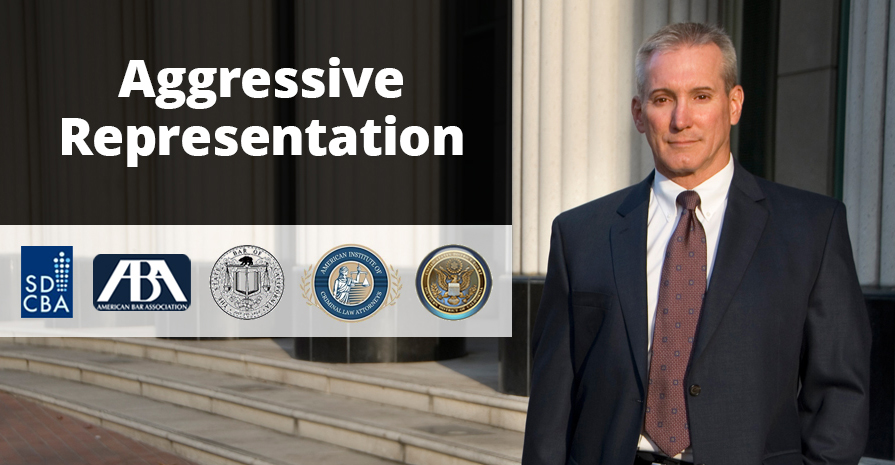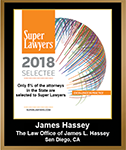Warrantless ‘breath’ tests are permitted after lawful arrest but not warrantless ‘blood’ tests.
(per U.S. Supreme Court – Birchfield v. North Dakota (2016) 136 S. Ct. 2160, 2163)
The Supreme Court of the United States decides that — the Fourth Amendment permits warrantless breath tests incident to lawful arrests for drunk driving but not warrantless blood tests. The Court reasoned that ‘blood’ tests are “significantly more intrusive” than ‘breath’ tests.
The U.S. Supreme Court reviewed 3 cases.
Case #1: In North Dakota, Danny Birchfield was arrested for DUI and refused to submit to a “blood” test. Birchfield ended up entering a guilty plea, but the prosecution also charged Birchfield with another misdemeanor for his refusal, under the state’s refusal statute. Birchfield argued that the Fourth Amendment prohibited criminalizing his refusal. Eventually the N.D. state Supreme Court found against Birchfield (making his refusal a separate misdemeanor).
Case #2: Similarly, in Minnesota, driver William R. Bernard, Jr. was arrested for DUI and refused to submit to a “breath” test which, like Birchfield’s case in North Dakota, was also found to be a misdemeanor by Minnesota’s state Supreme Court.
Case #3: In North Dakota defendant Steve Beylund was arrested for DUI and after being lawfully arrested, refused to submit to a “blood” draw/test, which led to Beylund being charged with a misdemeanor for the refusal (over and above the charge Beylund faced for the DUI). North Dakota’s state Supreme Court also found against Beylund confirming that the Fourth Amendment did not preclude the ‘blood’-draw from Beylund.
Upon reviewing these 3 cases, the United States Supreme Court held that the Fourth Amendment permits warrantless ‘breath’ tests incident to a lawful arrest for drunk driving but not warrantless ‘blood’ tests. Birchfield v. North Dakota (2016) 136 S.Ct. 2160, 2163.










